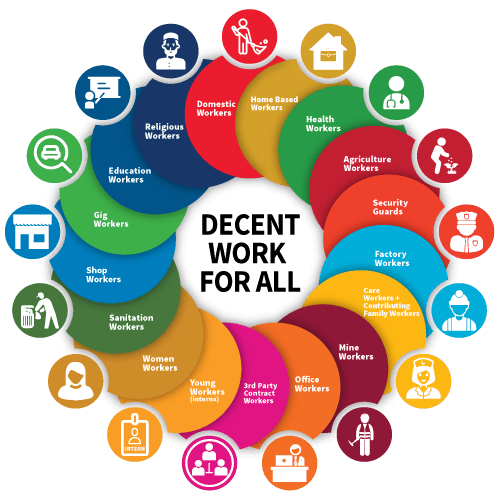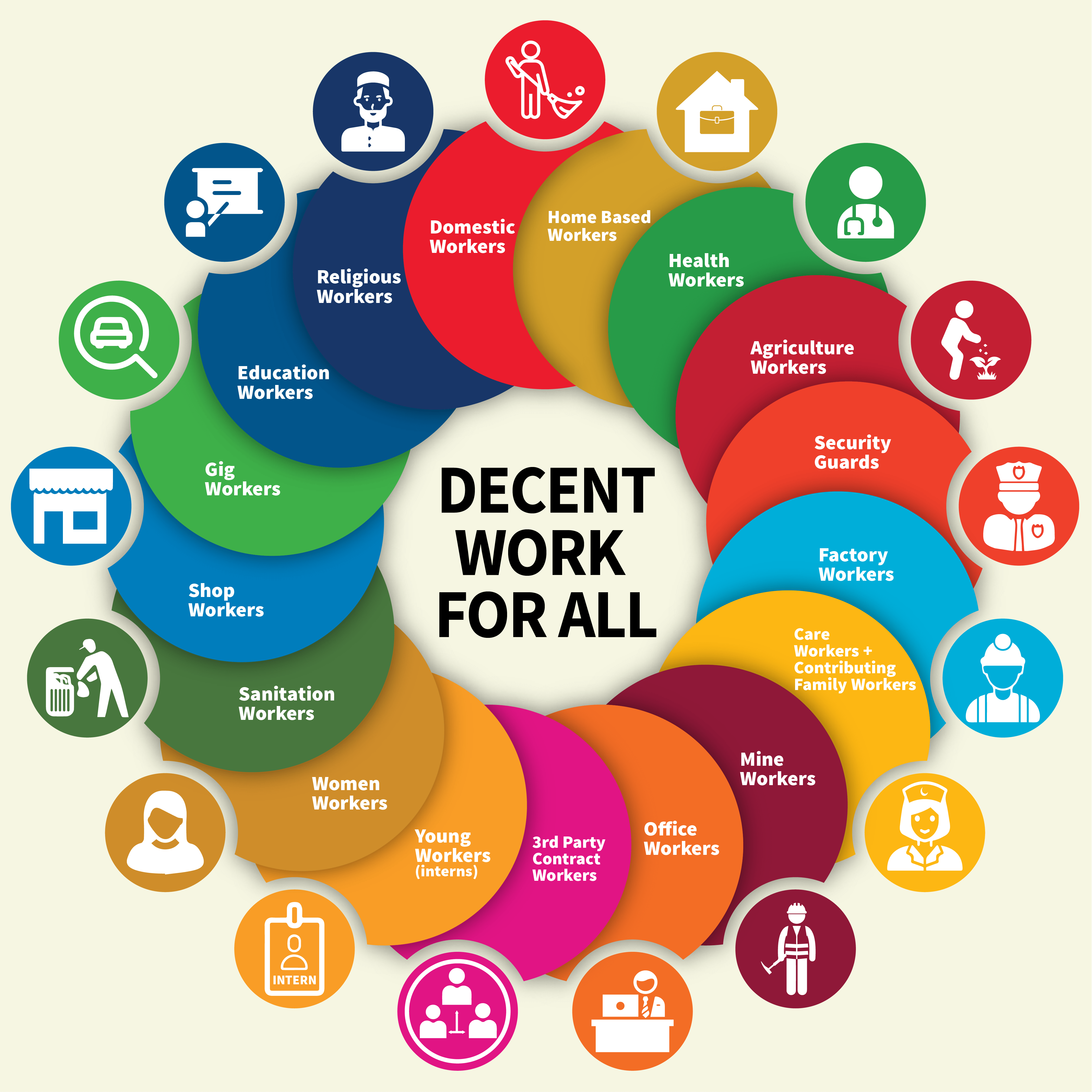Fairwork team in Pakistan
The team at the Centre for Labour Research will lead the implementation of Fairwork ratings in Islamabad and Rawalpindi
Ride-hailing apps, including Uber and Careem, started their operations in Pakistan in 2016. Since then, there has been a growth in the number of digital labour platforms in the country, ranging from ride-sharing to food delivery and various other personal services. While there is somewhat better quality data available for online workers in Pakistan, there is only anecdotal evidence of the number of workers engaged in ‘geographically-tethered work’. Presumably, tens of thousands of individuals are working for ride-sharing apps and delivery platforms. What began as part-time work opportunities for individuals to earn some extra income has become a full-time job for many. COVID-19 has also played its part in pushing more people to work in the gig economy once they lost employment in the formal sector.
As specified on platforms’ websites and clickwrap agreements, app-based drivers, riders and other service providers are considered ‘independent contractors’. Therefore, general labour legislation does not apply to them. The working conditions of independent contractors are regulated by their contract agreement with the platforms. The provisions of such contracts must be in line with the guidelines specified in the Contracts Act, 1872 and the Code of Civil Procedure, 1908. As independent contractors, gig workers are devoid of any workplace rights, including access to social protection.
During the national lockdown, the government protected the jobs of workers in the formal sector by requiring employers to retain workers and pay full wages. However, ‘independent contractors’ did not have access to the same protections since they are still considered part of the informal economy due to absence of labour legislation on the subject. Amid the COVID19 pandemic, gig workers face a tough choice between their income and their health. For those working in contact-intensive sectors, minimising the risk of infection comes at the cost of losing their livelihoods. While platforms have shown some commitment to support their workers during the pandemic by allocating some relief funds and two-week sick pay to those diagnosed with COVID-19, the very need for such temporary measures stems from the lack of social protection for platform workers.
Against this backdrop, the Fairwork Pakistan project is being launched to evaluate the working conditions of gig workers in the country. The project will rate local digital labour platforms against the five Fairwork principles of decent work, with the goal of helping improve the standard of living of platform workers. The Fairwork Pakistan project will be implemented in the twin cities of Islamabad and Rawalpindi by the team at the Centre for Labour Research, led by Iftikhar Ahmad and Sidra Nizamuddin. The first year of operations, starting in December 2020, will be funded by the German Federal Ministry for Economic Cooperation and Development (BMZ), and commissioned by the Deutsche Gesellschaft für Internationale Zusammenarbeit (GIZ).
The Centre for Labour Research has already been working on gig economy issues. They recently drafted a Protection of Home-Based Workers Law for Islamabad Capital Territory which has been approved by the Federal Cabinet and will soon be submitted to the national Parliament. A first of its kind, the proposed legislation recognises gig work and gives online workers the right to social protection, including sickness benefits, work injury benefits and old-age benefits.
The new Pakistan team hopes to apply Fairwork’s framework to inform the national policy debate around extending social protection to gig workers. They hope the evidence gathered through this work will help build a case for establishing a universal labour guarantee by which all workers, irrespective of their employment or contract status, have access to fundamental workers’ rights, an adequate living wage, maximum limits on working hours and adequate health and safety protections. We are confident that with the local data and comparative perspective provided by the Fairwork project, the working conditions of platform workers can be improved not only through platform action but also by informing the necessary legislative and institutional reforms in Pakistan. Additionally, the project hopes to raise public awareness about the issues faced by gig workers in the country.


